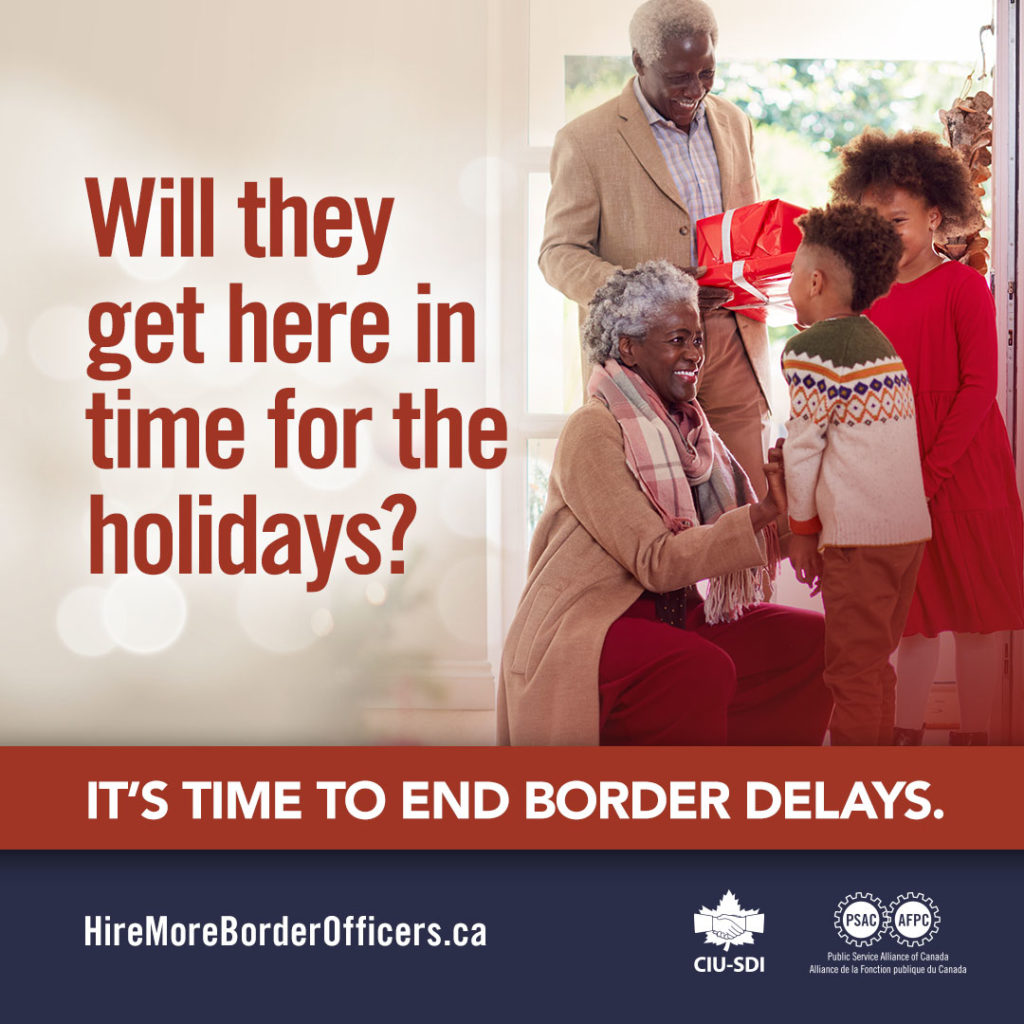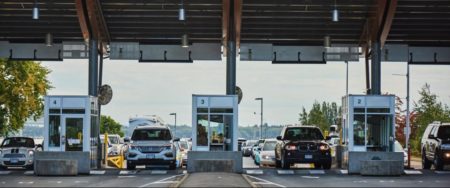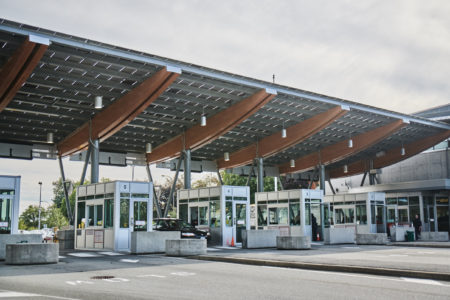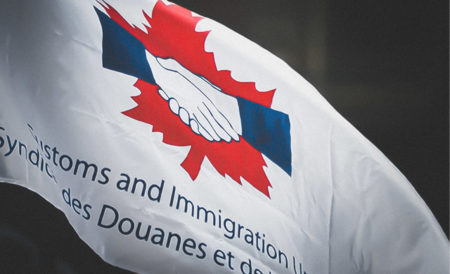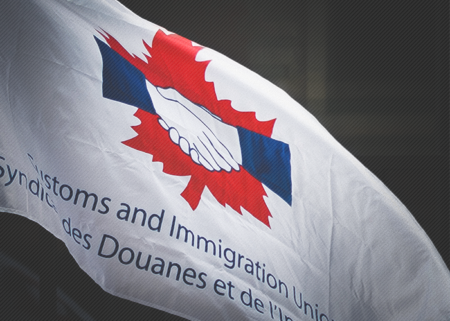Press Release – Ottawa, November 12, 2018 – The National President of the Customs and Immigration Union which represents 10,000 members, most of whom are front line border services and inland immigration enforcement officers, has raised concerns regarding the recent announcement that effective November 26, 2018, the Canada Border Services Agency (CBSA) will be reducing the hours of operation at nine ports of entry in New Brunswick, Quebec, Manitoba and British-Columbia.
CIU National President Jean-Pierre Fortin provided details of the looming closures, outlining the larger issue of CBSA’s continuing reduction of operational capabilities:
“Hours of operation will be reduced in the future at the Fosterville, Milltown, Morses Line, South Junction, Tolstoi, Piney, Snowflake, Carson and Nelway ports of entry. In August 2017, CIU had expressed concerns regarding a similar reduction in hours of operation in New Brunswick and had predicted that CBSA would expand this practice to other ports of entry. This month’s reduction in hours is clearly a continuation of what began last year. The only explanation provided by CBSA is that this is being done to harmonize Canada’s hours of operation with those at US facilities. No consideration is being given to the bordering communities who will be impacted by the reduced hours of service, or to the overall safety of Canadians.”
On the latter point, Fortin highlighted the clear contradiction between reducing hours of operation at ports of entry and the Government of Canada’s stated aim of wanting to increase security at the border.
“In a recent press release, the Government of Canada announced additional funding for CBSA to invest in new resources and technology that will stop the flow of illegal firearms into Canada. While we welcome the additional funding, we know that technology cannot replace seasoned officers. It is baffling to us that on the one hand CBSA would put in place new technology to stop the flow of illegal goods, while on the other reduce the hours of operation at nine ports of entry. The recent weapons seizure in Fort Erie should serve to remind us all – the country’s first line of defence must not only be well-equipped, it must be properly staffed.”
Fortin further calls upon the Canadian Government and CBSA to use the increased funding to invest in additional border officers and expand their role to ensure the integrity of the Canadian border. He added that if there was no other alternative to reducing hours of operation, border officers should at the very least have the authority to travel between ports of entry and monitor the ports after hours.
“While Americans benefit from a dedicated border patrol that can maintain their country’s security even when a port of entry is closed, Canadians do not.
Current events show that the border never sleeps. A dedicated CBSA border patrol would go a long way towards maintaining our border’s integrity. Whether we’re talking about asylum seekers crossing outside of designated ports of entry or the trafficking of dangerous goods such as firearms and drugs, border officers need to be able to react quickly and efficiently. A dedicated border patrol would see border officers better equipped to perform their duties to protect, and hence ensure the safety, security and well-being of Canadians.”
The Customs and Immigration Union (CIU) is a component of the Public Service Alliance of Canada (PSAC), which represents Canada’s Front-Line Customs and Immigration Officers. CIU also represents Investigation, Intelligence and Trade Customs Officers, Immigration Inland Enforcement and Hearings Officers, as well as all support staff – all of whom work at the Canada Border Services Agency (CBSA).




